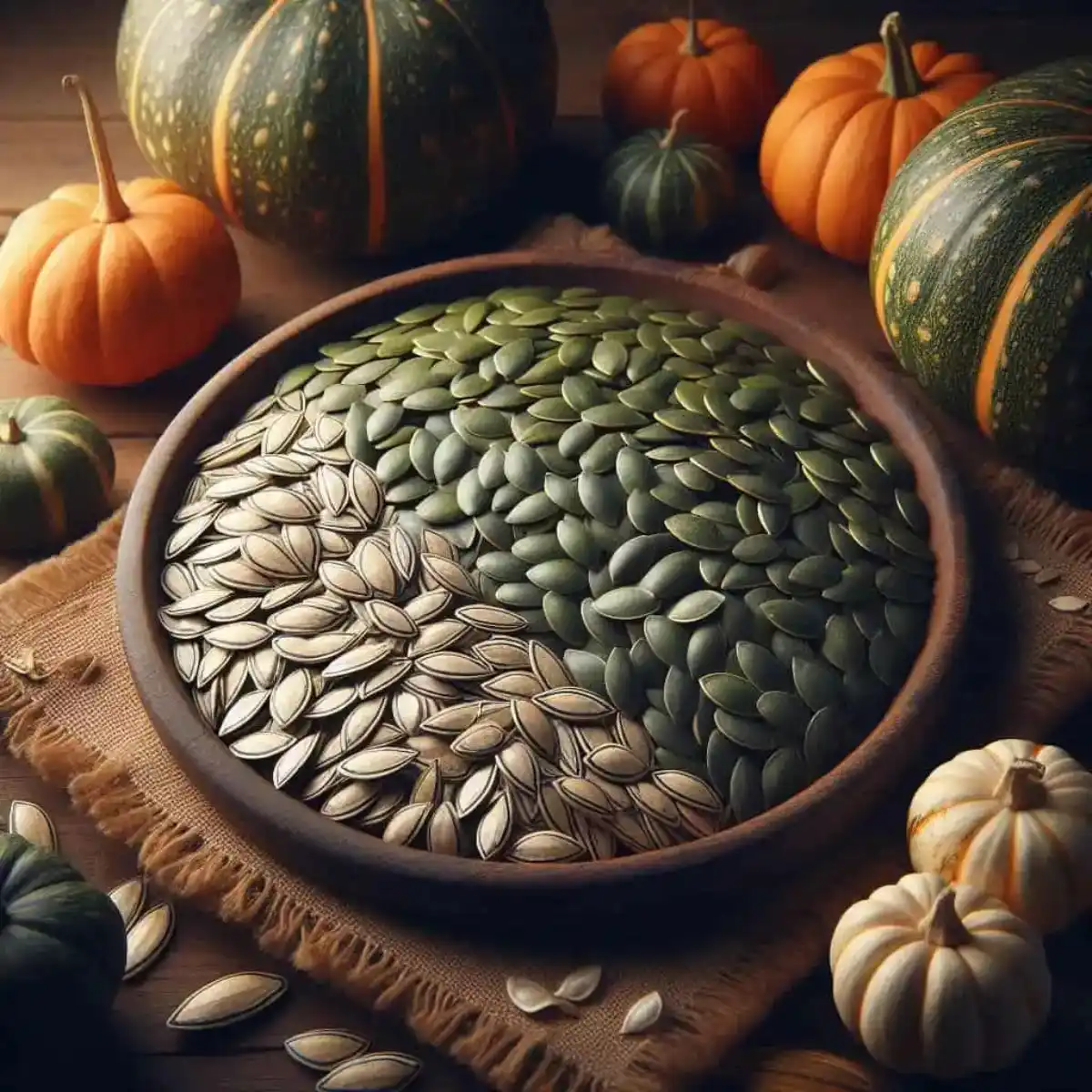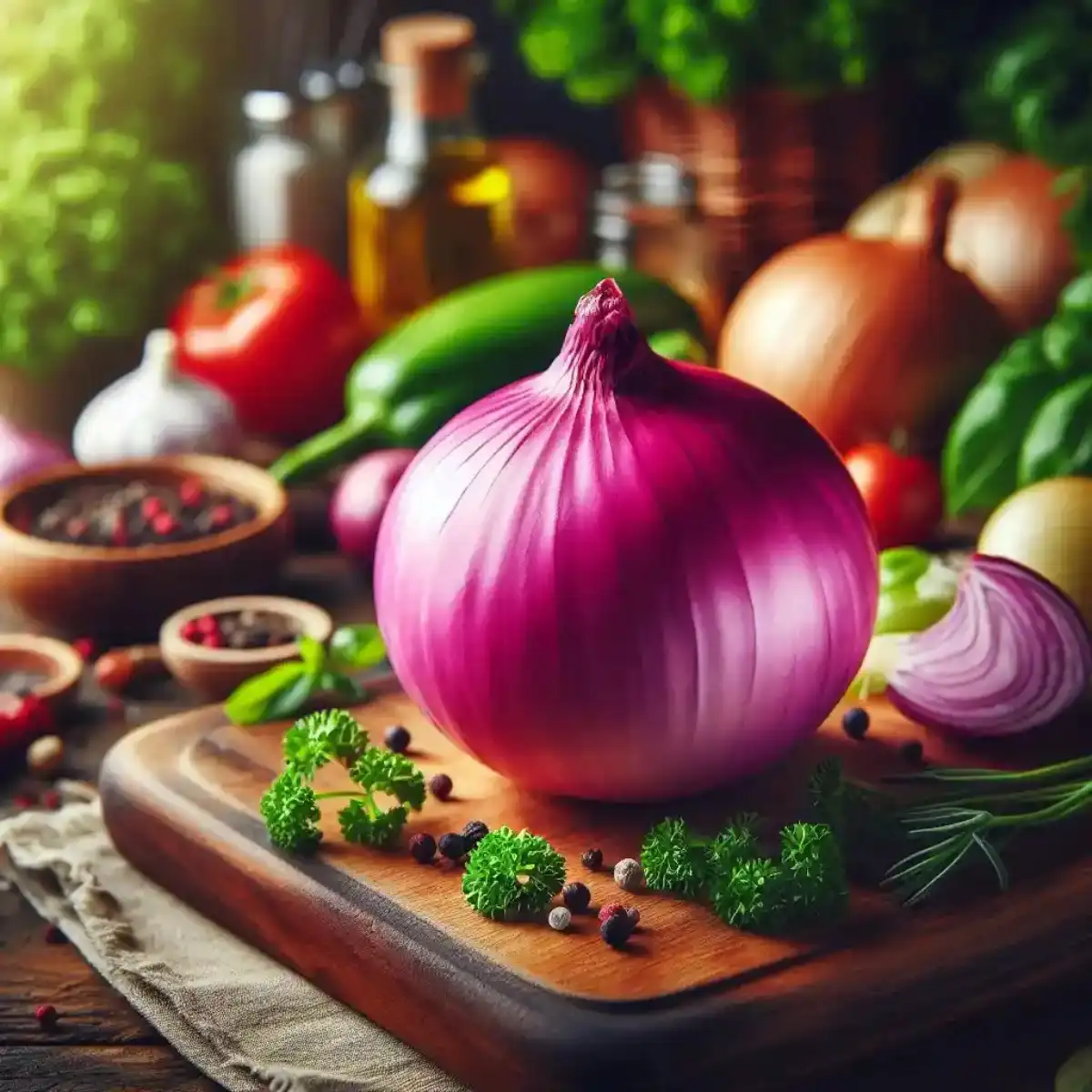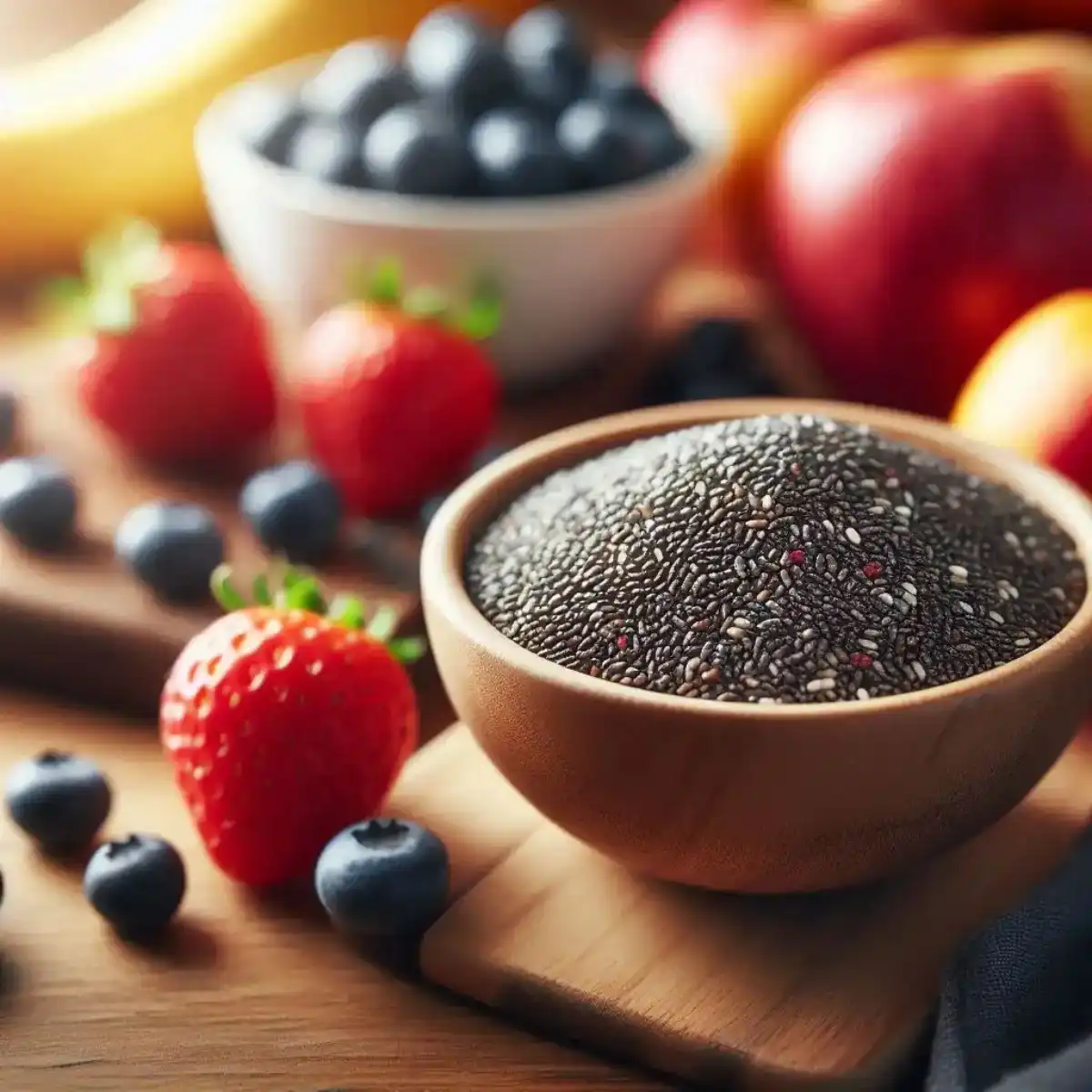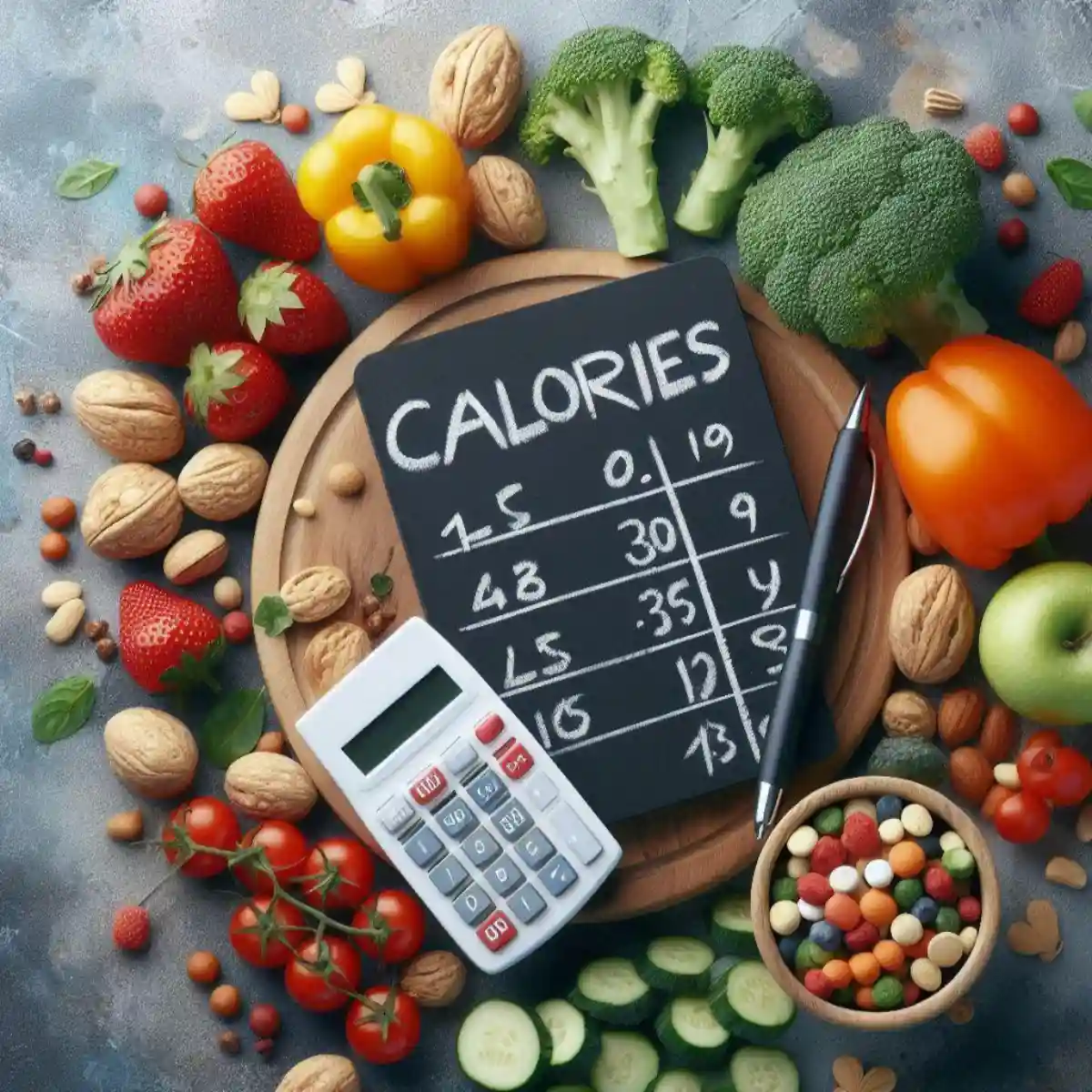Health Benefits of Pumpkin Seeds, Why Should We Consume Them Every Day?

Rich in Magnesium – Supports Heart Health
Are pumpkin seeds healthy? Absolutely! There are numerous advantages to consuming pumpkin seeds as they are a powerhouse of essential nutrients, highly beneficial for overall health. They are one of the richest plant-based sources of magnesium, a crucial mineral for maintaining heart health. Magnesium plays a vital role in regulating blood pressure and cholesterol levels, which helps lower the risk of heart disease, stroke, and hypertension. Pumpkin seeds also offer significant benefits for men’s health, particularly for the prostate and urinary tract. They contain phytosterols and zinc, which support prostate health and help alleviate symptoms of benign prostatic hyperplasia (BPH)—a common condition that leads to prostate enlargement. Additionally, their anti-inflammatory and antimicrobial properties promote urinary tract health, helping to prevent bladder infections and improve overall urinary function.
Zinc Benefits in Pumpkin Seeds
Zinc plays a crucial role in maintaining a strong immune system and promoting wound healing. It helps combat inflammation, supports skin repair, and is particularly beneficial for those struggling with acne. Additionally, zinc strengthens the body’s defences, making it more resistant to colds, flu, and infections. Pumpkin seeds are also an excellent natural source of tryptophan, an essential amino acid that aids in the production of serotonin and melatonin—two key hormones responsible for regulating sleep. By boosting these hormones, pumpkin seeds can help improve sleep quality and alleviate insomnia. The magnesium content in these seeds further enhances relaxation by helping to reduce muscle tension and lower stress levels. In addition to these benefits, pumpkin seeds are rich in fibre and protein, which contribute to better digestion and appetite control. The combination of these nutrients keeps you full for longer, helping to curb cravings and prevent overeating.
Benefits of Pumpkin Kernels in Diabetes
Pumpkin seeds are a great natural way to help keep blood sugar levels stable. Their high fibre content slows down the absorption of sugar into the bloodstream, preventing sudden spikes. Along with fibre, they are also rich in magnesium and antioxidants, which play a key role in keeping blood sugar under control. Magnesium is especially important for insulin function and glucose metabolism. Low levels of this mineral have been linked to insulin resistance, a condition where the body struggles to use insulin properly, increasing the risk of Type 2 diabetes. By providing a good source of magnesium, pumpkin seeds help the body use insulin more effectively, making it easier for cells to absorb glucose. This not only reduces insulin resistance but also supports better diabetes management. Below, I have provided the nutritional values of pumpkin seeds.
Nutritional Value of Pumpkin Seeds (1 oz ~ 28 grams)
| Nutrient | Amount | DailyValue |
|---|---|---|
| Calories | 151 kcal | 8% |
| Protein | 7 g | 14% |
| Total Fat | 13 g | 17% |
| Saturated Fat | 2.5 g | 13% |
| Omega-3 (ALA) | 45 mg | 3% |
| Omega-6 (LA) | 5700 mg | 30–45% |
| Carbohydrates | 5 g | 2% |
| Dietary Fibre | 1.7 g | 6% |
| Sugars | 0.2 g | <1% |
| Iron | 4.2 mg | 23% |
| Magnesium | 150 mg | 36% |
| Zinc | 2.2 mg | 20% |
| Potassium | 228 mg | 5% |
| Phosphorus | 332 mg | 27% |





